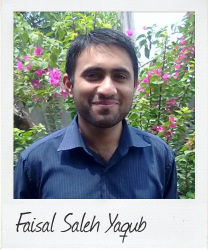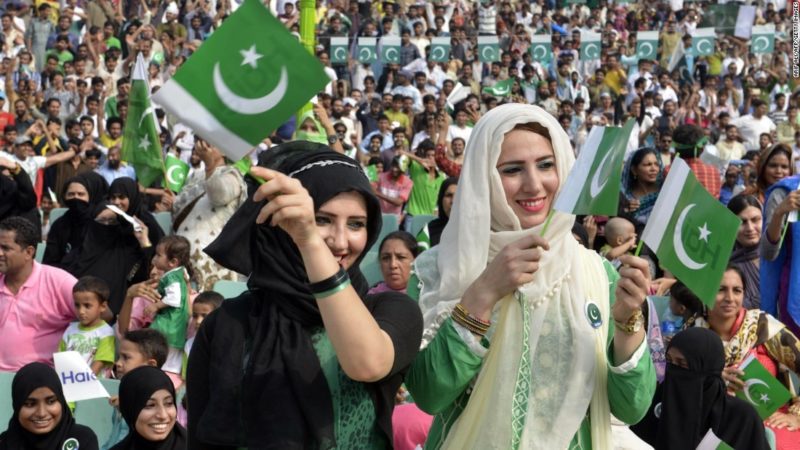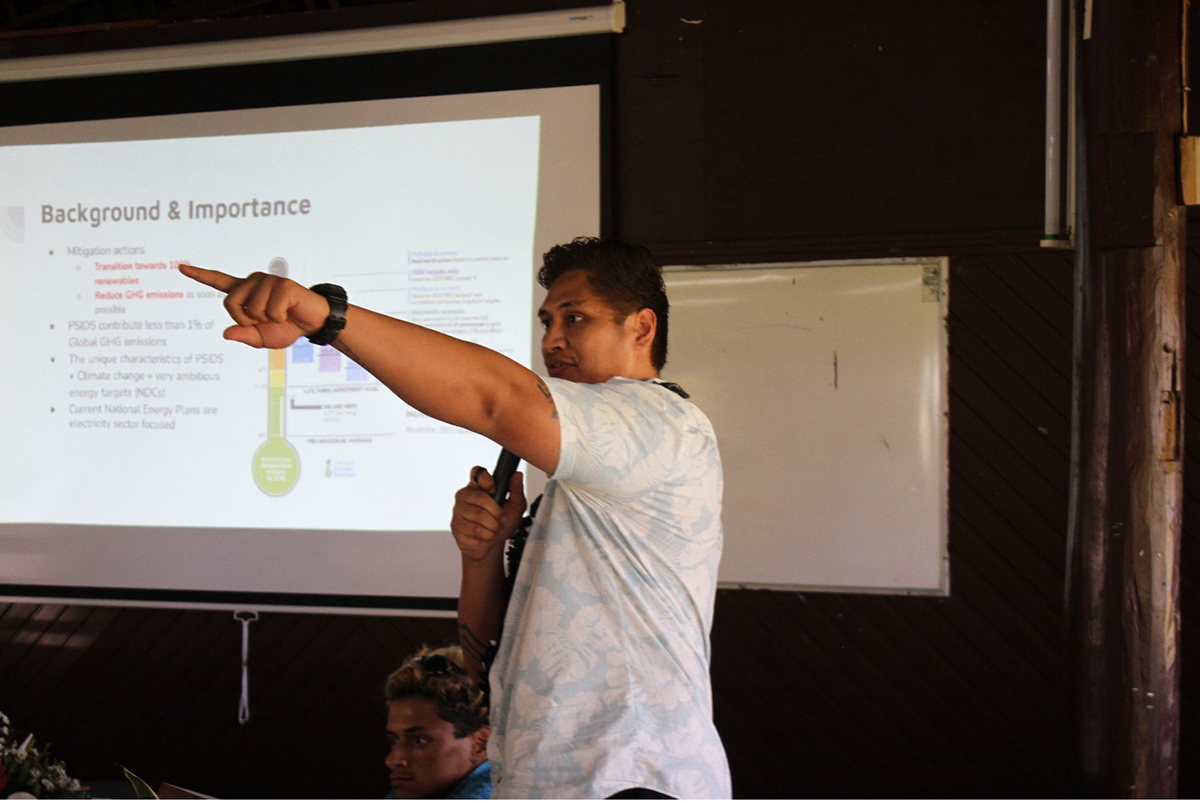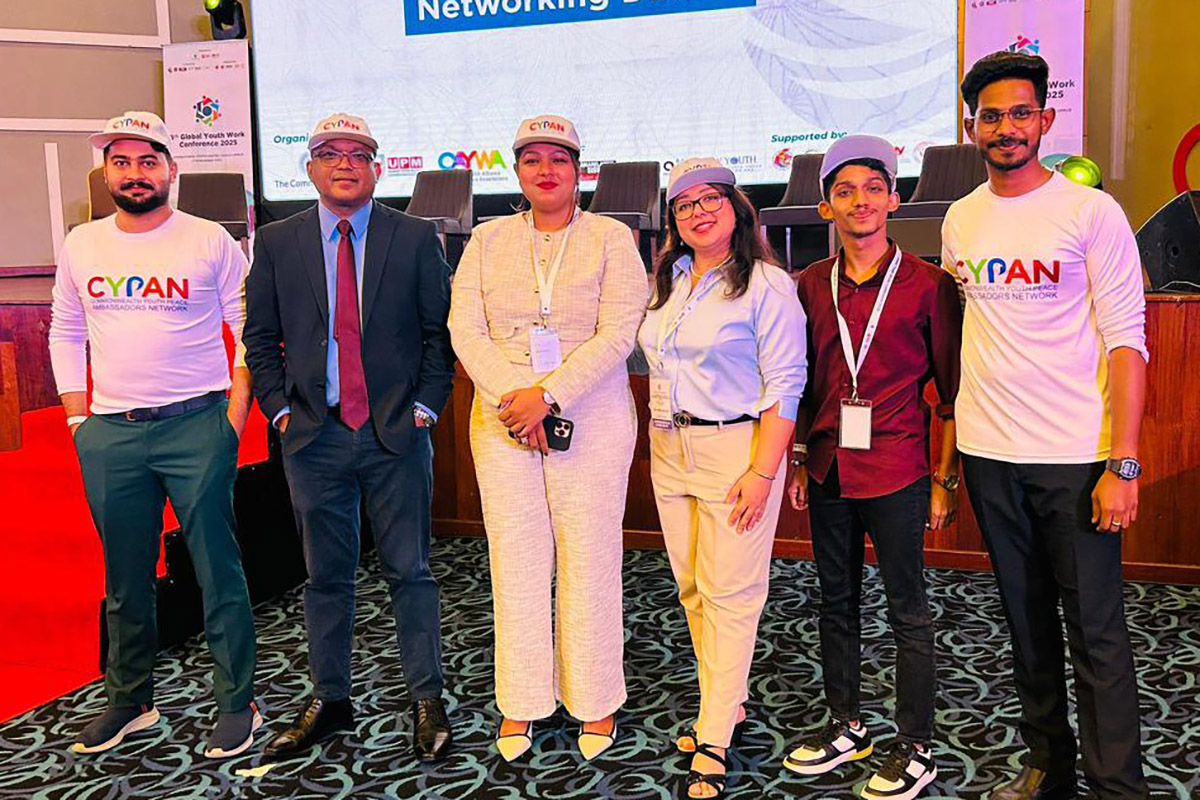“Youth bulge: Boon or bane?”
December 9 A growing youth population poses both challenges and opportunities for Pakistan, writes Faisal Saleh Yaqub, 25, a Commonwealth Correspondent from Lahore in Pakistan, who argues that the Pakistani state must address some critical issues to ensure the youth bulge is positive for the country.
A growing youth population poses both challenges and opportunities for Pakistan, writes Faisal Saleh Yaqub, 25, a Commonwealth Correspondent from Lahore in Pakistan, who argues that the Pakistani state must address some critical issues to ensure the youth bulge is positive for the country.
According to Pakistan’s National Human Development Report 64% of Pakistan’s population is under the age of 30.The report which was published by the United Nations Development Program (Pakistan) earlier this year, also says 29% of the population is between ages 15 and 29. Is this youth population a boon or bane for Pakistan?This critical question has been occupying the minds of intellectuals in Pakistan as they look for opportunities in the socio-economic development of youth and warn of potential risks that may be posed by the Pakistani youth bulge if it is not handled aptly.
The youth are indeed an asset to any nation. They are the leaders of tomorrow and therefore determine the future of a nation. Nelson Mandela rightly said:“The youth of today are the leaders of tomorrow.”However, as Vince Lombardi said: “Leaders are not born, they are made.”The youth can be made effective leaders if they have the necessary education, vision, confidence, verbal and critical thinking skills. So, is the State of Pakistan providing equality of opportunity and enough resources to its youth to turn them into effective leaders of tomorrow? To find an answer to this question, one needs to know the facts regarding the state of youth affairs in Pakistan.
The Pakistan Economic Survey 2017-2018 states that Pakistan’s total expenditure of on education is only 2.5 percent of the Gross Domestic Product (GDP). Such a low expenditure on education shows the lack of investment in the betterment of Pakistani youth. Article 25-A of the Constitution of Pakistan provides for the free and compulsory education to all children aged five to sixteen years. Yet, there are 22.84 million children who are out of school in Pakistan. Many of these children do not go to schools due to poverty. Some of them help their parents make both ends meet and work as child labourers. It is important for the state to realize the importance of investing in the education of its youth because only educated and skilled young people can steer Pakistan out of its current problems. The state therefore should provide incentives to its poor so that they can send their children to school instead of to workplaces. In addition, the education system of Pakistan must be overhauled to provide better education to the youth.
Rising unemployment among the educated Pakistani youth is another issue that has left young people frustrated. According to the International Labour Organization (ILO), 10.8 % of young people between the ages of 15 and 24 in Pakistan are unemployed. One of the issues contributing to this level of unemployment is that many Pakistani youths lack employability skills which include critical thinking, writing, time-management, communication and stress management skills. These skills are very important for success at work and their absence keeps the youth from getting quality jobs even after acquiring various degrees.It has also left many young adults depressed. Seminars, skills development workshops and training sessions are needed to enhance the employability skills of the youth. Additionally, training opportunities that prepare the young for e-jobs in the global digital market are essential. Developing the entrepreneurial potential of young people and supporting their business ventures by providing accessible loans with favourable terms and conditions are also areas that need the state’s attention.
The true potential of young Pakistanis can be realized only if the state engages and empowers our youth and provides them with equal opportunities for health and education. They must be given the opportunity to think critically and express their views freely and learn to agree to disagree. In this way, they will come up with out of the box solutions to everyday problems and will ultimately cultivate a culture of innovation in the society at large. To conclude, it is important that the state realizes the true potential of the youth and provides them with opportunities to learn and grow.
Photo credit: www.Udayavani.com
…………………………………………………………………………………………………………………
About me: My name is Faisal Saleh Yaqub, and I am from Lahore. I am an engineering graduate from GIK Institute of Engineering Sciences and Technology, KPK, Pakistan.My hobbies include reading, writing, gaming and travelling. I usually write on topics related to social issues and youth. I believe that youth can change the future of any nation. I always strive to highlight the importance of youth as a game changer.
…………………………………………………………………………………………………………………
Opinions expressed in this article are those of the author and do not necessarily represent the views of the Commonwealth Youth Programme. Articles are published in a spirit of dialogue, respect and understanding. If you disagree, why not submit a response?
To learn more about becoming a Commonwealth Correspondent please visit: http://www.yourcommonwealth.org/submit-articles/commonwealthcorrespondents/
…………………………………………………………………………………………………………………






